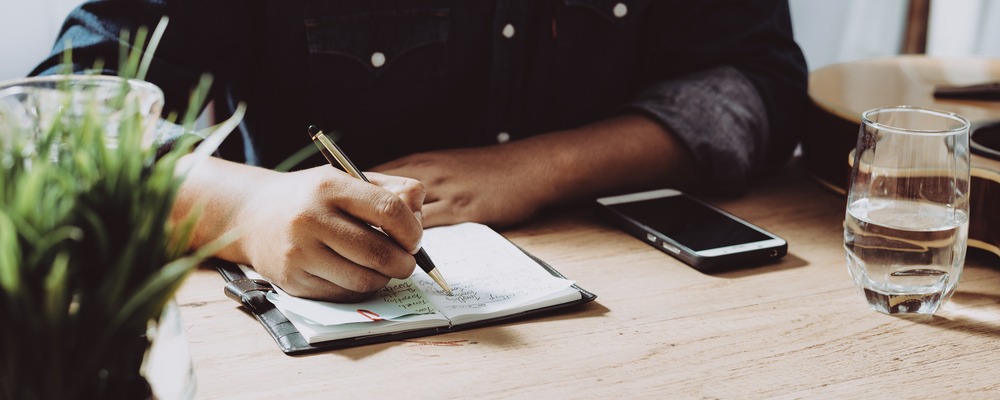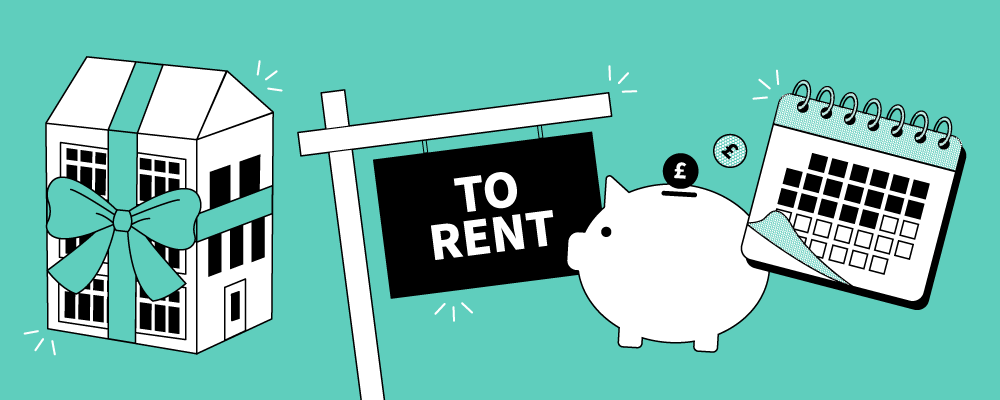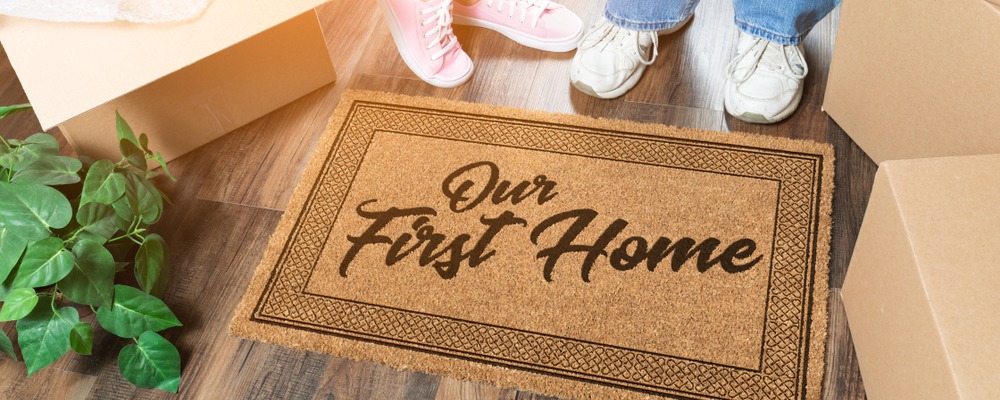
If you’d love to own your own home rather than renting or living with your parents, you’re not alone. Almost 1 in 3 20 to 30 year olds are currently saving for a house deposit.
Key Takeaways
Why buying a home in your 20s makes sense
From mortgage rates to Government saving schemes, there are many benefits of buying a house in your 20s.
- Longer mortgage terms
Because you’re in your 20s, you’ll have the option to select a longer mortgage term than most. This will make your monthly payments smaller and more affordable. - First-time buyer support
If you’re buying your first home, there are several Government schemes that can reduce the deposit you’ll need, helping you to become a homeowner sooner. - Up and coming areas
When buying a home in your 20s, you’re less likely to have commitments or health implications that affect where you need to live. For example, being close to a good school, childcare, or easy-access transport may not be a priority for you at this stage of life.
This means that you could buy more strategically for a long-term profit – searching in areas where property values are expected to rise.

Save, save, save
If you’re wondering how to buy your first home, the first port of call is to start saving.
Begin by making certain lifestyle changes, like saying goodbye to meals out and takeaways, unnecessary shopping, and holidays. It can take some adjustment but makes a real difference to how much money you’re able to put away.
Use any disposable income to pay off any debts and try to save a regular amount each month. Mortgage providers look in detail at your finances and want to see that you’re managing money well.

Make your savings go further
If you’re buying your first home, there are several Government schemes you can take advantage of.
Lifetime Individual Savings Account (ISA)
- Consider opening and paying your savings into a Lifetime ISA
- It’s an easy way to boost your deposit effortlessly
- You can put in up to £4,000 each year
- The Government will add a 25% bonus to your savings, up to £1,000 per year
Speak with a New Home Mortgage Adviser
If you’re thinking of buying a new-build home in your 20s, it’s a good idea to speak to a specialist new homes mortgage adviser. The world of mortgages can seem overwhelming and complicated, and speaking a specialist can be a great help as they can:
- Answer any questions you may have
- Talk you through the different incentives on offer
- Access competitive rates to find you the best deal
A New Home Mortgage Adviser can also advise what you can do to look like a more attractive candidate to lenders. Mortgage lenders will:
- Complete affordability checks
- Look at your monthly income and outgoings
- See where you spend your money
A New Home Mortgage Adviser may suggest you register with credit reference agencies to see what information they hold on you. If you’ve missed a payment in the past, been declared bankrupt or applied for credit, this show on your credit history records.
If there are any mistakes, you can ask for them to be corrected. It’s a good idea to stay out of your overdraft and hold off applying for other forms of credit in the months leading up to your mortgage application.
The benefits of buying your first home in London
One of the great things about buying in London is that it will always be a popular place to live.
If you do buy and decide that being a homeowner doesn’t suit, or you want to move elsewhere, you can always put your home on the market. With London properties in short supply, you shouldn’t have a problem selling your home in the future.
Challenges of buying your first home in your 20s
Buying a home is a huge financial commitment, whatever age you are. You’ll have to be confident that you can make your monthly mortgage payments and other bills on time, every month.
Of course, if you’re buying a home in your 20s, your salary might not be where you’d like it to be, especially if you’re only just starting out in your chosen field – but you shouldn’t let this hold you back.
If you’re on a lower salary, you may want to buy with someone else to increase the options you can afford. Remember that getting a mortgage together will financially link you, so their credit history will impact on yours in the future.
Compromising is never easy, but if you’re buying your first home with someone else, it’s important that you both love the place you choose. If your ideal location seems out of your reach, there might be another borough with a similar feel that’s cheaper at the moment, but is tipped to be a London hot spot in the next few years, such as:
- Mill Hill in the North
- Blackhorse in the East
- Tooting Bec in the South
- Acton in the West
Our sales team can offer you tailored advice on buying in London and help you find your perfect first home. And don’t forget that, if you’re a first-time buyer, we have a wide range of offers to help you make your next move.


